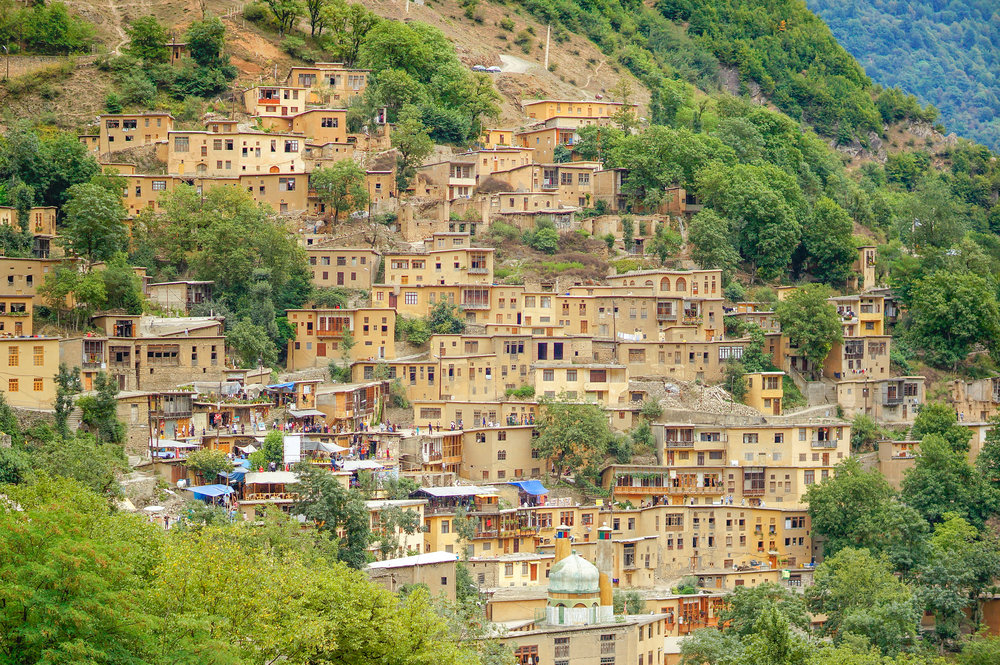Iran to nominate Islamic capital of environment and sustainable development

TEHRAN – Iran is making plans for nominating a city as the Islamic capital of environment and sustainable development at the Islamic Educational, Scientific and Cultural Organization (ISESCO), the deputy education minister for international affairs has said.
The possible inclusion of an Iranian city in ISESCO list will make the cities environmentally friendly in line with achieving sustainable development goals, Gholamreza Karimi who is also a secretary general at ISESCO national commission and a member of ISESCO executive council explained.
The ISESCO plans to announce three cities in three parts of the Muslim world (Asia, the Arab region, and Africa), as the Islamic capital of environment and sustainable development each year from 2019 to 2027, Mehr news agency quoted Karimi as saying on Sunday.
Each country must propose a city to ISESCO which should live up to the standards declared by the organization with a 20-page report attachment which provides the information about the chosen city, its environmental condition, waste management plans, soil and air pollution condition, transport development plans as well as other environmental standards, Karimi further explained.
He also added that steps that have been taken so far and what will be done for the next 10 years and the year the city is supposed to be the capital of the environment must also be included in the report.
The city which succeed in winning the position, will host over 70 international events and occasions during the year, Karimi stated.
“We will definitely choose a city to be nominated for the capital, given that we tend to promote environmental standards in the cities of the country, as well as environmental culture,” he highlighted.
The candidate city is not yet chosen, while the Department of Environment is currently carrying out assessments to help find the proper candidate, Karimi concluded.
ISESCO, the largest international Islamic organizations, was founded by the Organization of Islamic Cooperation (OIC) in May 1979. With 52 member states, ISESCO headquarters are in Rabat, Morocco.
According to the OIC, ISESCO's objectives are to strengthen and promote cooperation among the Member States in the fields of education, science culture and communication; consolidate understanding among peoples inside and outside Member State; contribute to world peace and security through various means; publicize the true image of Islam and Islamic culture; promote dialogue among civilizations, cultures and religions; encourage cultural interaction and foster cultural diversity in the Member States, while preserving cultural identity and intellectual integrity.
In November 2017, the Islamic Conference of Environment Ministers adopts various documents and projects aiming to give substance to environmental protection and promote sustainable development in Islamic world.
Progress report on the creation of the OIC water council and its terms of reference, the creation of the Islamic academy for the environment and sustainable development, honoring the best environmentally friendly Islamic city, guidance document on green cities and their role in achieving sustainable development goals, the creation of an OIC joint commission for sustainable development (OIC-CSD), along with the programme on the celebration of Islamic capitals of environment and sustainable development are among the various documents adopted in this session.
FB/MQ/MG
